
Mr Donnelly will expand the free contraception scheme to all women aged 35 and under during the summer.
Giving the pharmacies the responsibility for prescribing the pill will come at a later date and a doctor’s prescription will still be required until that happens. However, GP visit fees are covered by the State under the scheme.
Mr Donnelly is expected to flag the expansion of the scheme at this weekend’s Fianna Fáil Ard Fheis but the measure is also contained in a new Women’s Health Action Plan that is set to be launched next week.
The minister introduced his free contraception scheme in September 2022 to women aged 15-25 and has extended eligibility in a number of phases since.
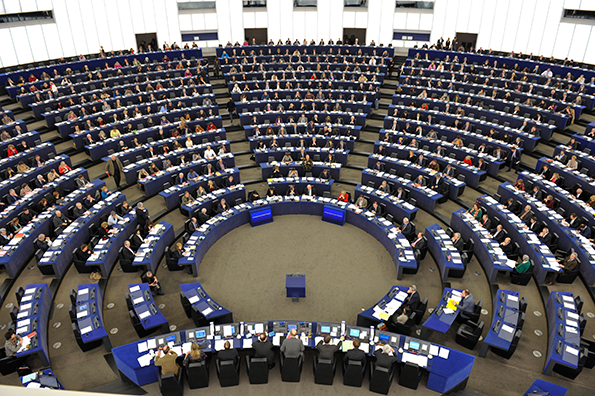
Just over half the Members of the European Parliament, including 12 out of 13 Irish MEPs, in a non-binding vote, called for a ‘right’ to abortion to be inserted into the EU’s Charter of Fundamental Rights.
Criticising the motion, Adina Portaru, Senior Counsel for ADF International in Brussels, said it goes so far as “to denounce medical doctors in Italy, Slovakia and Romania who object to performing abortions – in clear violation of their right to freedom of conscience, and in deliberate ignorance of their researched medical judgement”.
“The European Union is not called to change abortion policies internationally, nor inside member states, and in reality, a non-binding resolution like this has no power to amend the EU Charter on Fundamental Rights”, she said.
“Poland, where mothers and babies are widely protected in law, has one of the lowest maternal mortality rates in the world. Malta, similarly, has seen zero maternal deaths from any cause in the last ten years. Hungary has implemented wide-ranging policies to better support and empower parents to raise their children. Instead of promoting a procedure which ends the lives of children and can cause harm to women, Europe should empower mothers, protect babies, and support families to thrive.”

The HSE will review a new landmark report in the UK on the treatment of children suffering from gender dysphoria as part of the development of an updated clinical programme for gender healthcare in Ireland, it has said.
The Cass review has found too much use of puberty blockers by the Tavistock clinic, which are medically unproven, and then sex hormones, for children who often have other mental health difficulties such as autism. Critics of the clinic say that it is too quick to transition children. The HSE has sent dozens of Irish children to the clinic despite misgivings by doctors here.
The HSE often uses guidelines developed in the US called ‘Wpath’. ‘Wpath’ is accused of being overly influenced by gender activists.
The Cass Review, published on Wednesday by Dr Hilary Cass, found that thousands of vulnerable children questioning their sexual identity had been let down by the NHS providing unproven treatments.
The HSE said in a statement on Wednesday that the development of an updated model of care will be informed by “emerging and evolving international evidence”, including Dr Cass’s report.
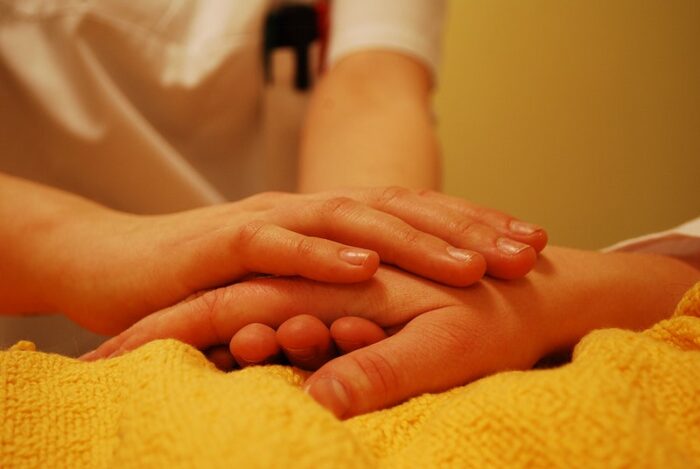
A survey into the quality of care provided to loved ones at the end of their lives found positive experiences across several areas.
The National End of Life Survey was conducted in partnership between the Health Information and Quality Authority, the Health Service Executive and the Department of Health following a recommendation of the Covid-19 Nursing Homes Expert Panel.
Of the people who registered the death of a family member or friend that occurred between September and December 2022, 4,570 took part in the survey.
The survey found that most participants had confidence and trust in the healthcare staff who were caring for their relatives or friends.
They also felt staff explained their relative or friend’s condition and care in an understandable way.
Almost 74% of participants rated the care that their relative or friend received at the end of their life as ‘very good’, 15% rated it as ‘good’, while 11% said that their relative received ‘fair’ to ‘poor’ care.

Former Attorney General, Senator Michael McDowell, has called for the immediate end to the prescription of puberty blockers after a UK Report found no evidence to support their use in children with gender dysphoria.
In a statement released today, Senator McDowell said he has for years “publicly raised grave concerns about this practice for which Dr Cass has now found ‘no good evidence’ to support its continued use as a treatment pathway for vulnerable gender-questioning children”.
“I am today calling on the Minister for Health and the HSE to immediately discontinue in the public health service the prescription of puberty blockers. I also call on the Irish Medical Council to issue a statement that pending the conduct of a review which needs to commence immediately that medical practitioners, including clinical psychiatrists in public and private practice, are to discontinue their use until further notice,” he said.
He added: “The long term consequences of these experimental treatments are completely unknown and Irish children must be protected whilst being treated with care and compassion.
The UK experience must now act as an urgent wake-up call to Irish law makers, medical professionals, parents and all who care for and about Irish children”.
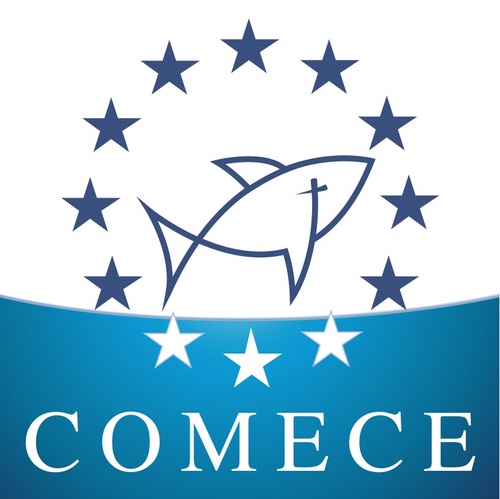
There is no right to abortion and any attempt to insert one into the EU’s fundamental charter of human rights would be an ‘ideological imposition’, according to the Bishops of the European Union.
Ahead of a vote by the European Parliament on the Resolution for the ‘Inclusion of the right to abortion in the EU Charter of Fundamental Rights’, the Presidency of the Commission of the Bishops’ Conferences of the European Union (COMECE) said the promotion of women and their rights is not related to the promotion of abortion.
On the contrary, they say the right to life is the fundamental pillar of all other human rights, “especially the right to life of the most vulnerable, fragile and defenceless, like the unborn child in the womb”.
They add that the European Union must respect the different cultures and traditions in the Member States and their national competences and “cannot impose on others, inside and outside its borders, ideological positions on the human person, sexuality and gender, marriage and family.
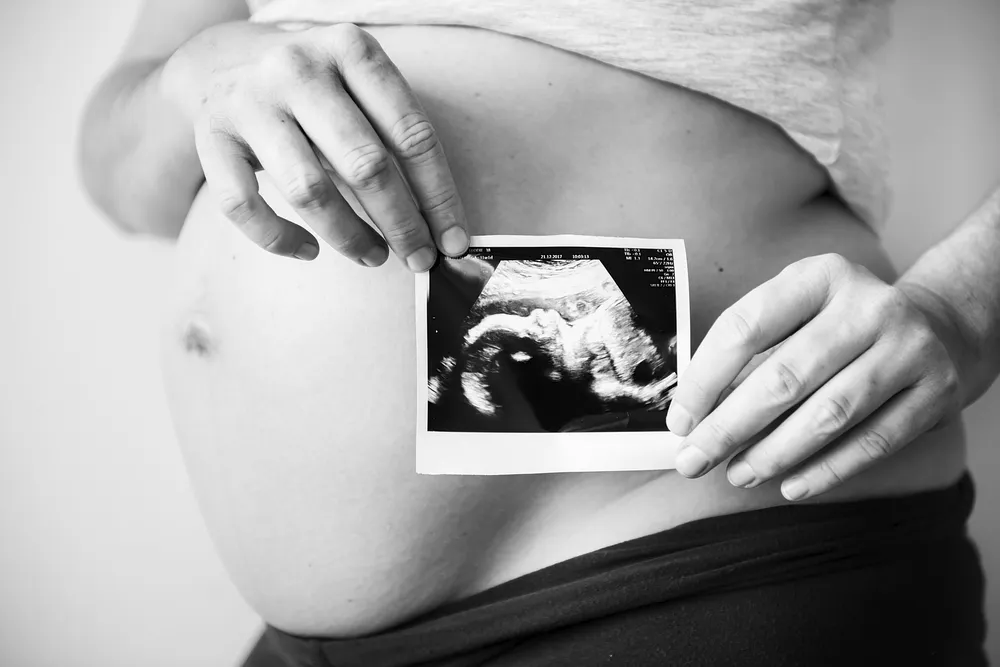
More than half of the UK public oppose MPs’ plans to decriminalise abortion ahead of a major vote that could liberalise the law for the first time in a generation.
Exclusive polling shows 55 per cent of adults agree that it should remain illegal for a woman to abort a healthy baby after the current 24-week time limit. Only 16 per cent, fewer than one in six, agreed with the plans while 29 per cent said they preferred not to say or did not know.
More women than men believed it should remain a criminal offence, by a ratio of 57 per cent to 54 per cent. Seven in 10 adults (71 per cent) also agreed a year-long jail sentence for a woman last year who aborted her baby at between 32 and 34 weeks was “about right or too short”. Only 20 per cent thought it too long.
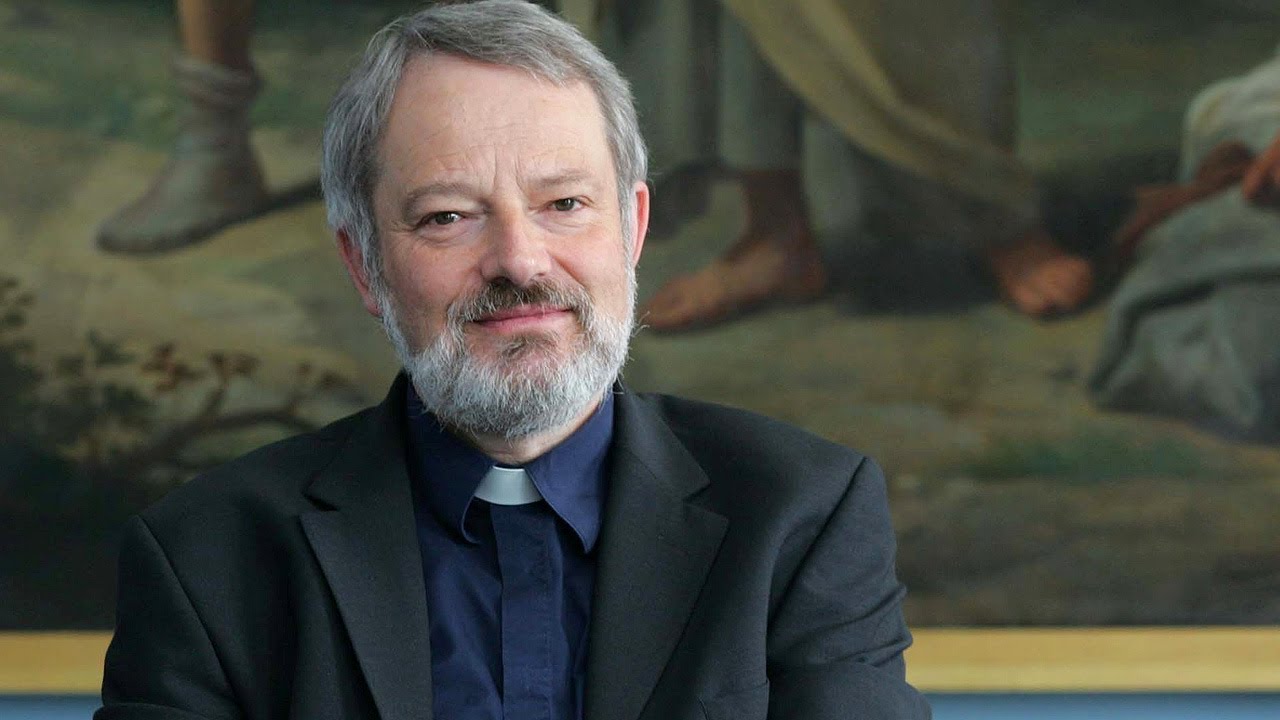
Bishop Doran said it addresses a wide range of circumstances in which particular actions, or failures to act, by individuals or by the State, would contradict the dignity of a person or a whole group of persons. These include sexual abuse, human trafficking, abortion, discrimination against migrants or people with disability and violence against women.
He particularly highlighted the document’s words on euthanasia and assisted suicide that “helping the suicidal person to take his or her own life is an objective offense against the dignity of the person asking for it, even if one would be thereby fulfilling the person’s wish”.
The document adds: “We must accompany people towards death, but not provoke death or facilitate any form of suicide. Remember that the right to care and treatment for all must always be prioritized so that the weakest, particularly the elderly and the sick, are never rejected.”

They have also been barred from having contact with their families and lawyers.
The trial took place in wake of the leaders’ success in bringing together thousands of people to pray in public venues, which the far-left Sandinista regime apparently perceived as a threat.
According to Statista, Nicaragua is about 45% Catholic with close to 38% of the people belonging to various Protestant groups.
The sentence is for “sham charges of money laundering,” according to a press release from ADF International, an organisation that defends religious freedom and has taken up the legal defense of the 11 leaders. Alliance Defending Freedom (ADF) International has already taken the case to the Inter-American Commission on Human Rights (IACHR).

A former TD and Senator for Fine Gael has called for the party to return to Christian Democratic values.
Michelle Mulherin was attending the Party’s annual Ard-Fheis in Galway at the weekend.
Speaking to media, she praised new leader, Simon Harris’s messaging on law and order, saying this is “at the cornerstone of our democracy” and “I definitely think it needs a refocus considering a lot of events”.
She added: “I also like his recognition that there’s a lot of people in rural Ireland feeling that we’re in a two-tier country,” she added. “I hope to see the party re-embrace our Christian Democratic values under the new leadership.”